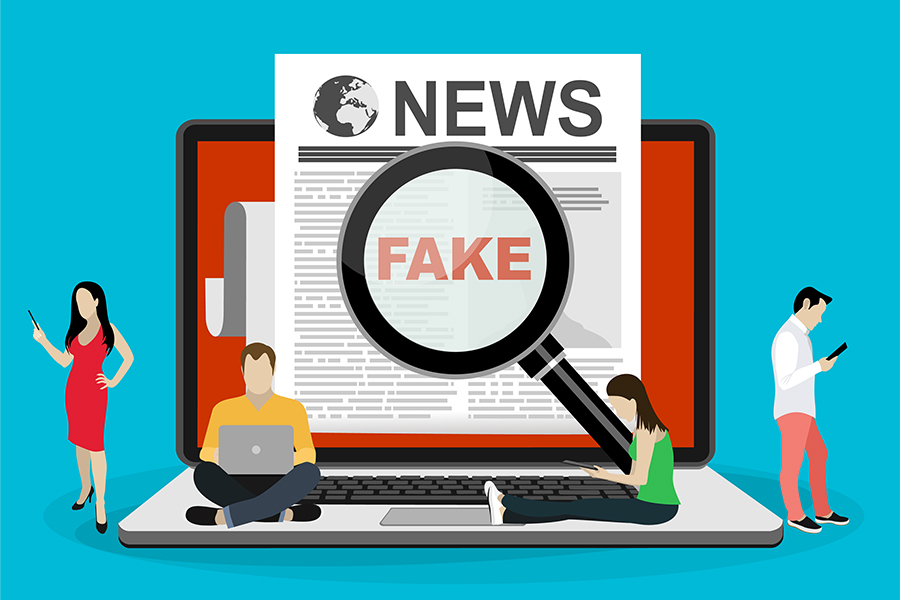Disinformation, defined as false or misleading information spread intentionally to deceive, manipulate, or misinform, has become a pervasive issue in our modern society. Its impact extends far beyond just individual beliefs or opinions; it has significant implications for politics, sociocultural dynamics, and the economy as a whole.

In the political realm, disinformation has the power to manipulate public opinion, influence elections, and destabilize governments. The spread of false information can undermine trust in democratic institutions and processes, leading to a erosion of confidence in the political system. When people are bombarded with conflicting information, it can become increasingly difficult for them to distinguish truth from fiction, making them more vulnerable to manipulation by malicious actors.
One notable example of the impact of disinformation on politics is the spread of conspiracy theories surrounding elections. In recent years, we have seen how false claims of voter fraud and election rigging can fuel distrust in the electoral process, sow division among the electorate, and even incite violence. These narratives can be exploited by those seeking to undermine the legitimacy of democratic institutions, resulting in a breakdown of trust and cooperation essential for a healthy democracy.
From a sociocultural perspective, disinformation can exacerbate social tensions, deepen divisions within communities, and erode social cohesion. In an era where information spreads rapidly through social media and online platforms, false narratives can quickly gain traction and polarize public discourse. This can lead to the formation of echo chambers, where individuals are exposed only to information that confirms their existing beliefs, further entrenching societal divides.
Disinformation also has the potential to amplify existing prejudices and stereotypes, perpetuate discrimination, and fuel hate speech. False narratives targeting marginalized communities can contribute to the normalization of discriminatory attitudes and behaviors, creating a hostile environment for those who are already vulnerable. This can have long-lasting consequences on social harmony and inclusivity, undermining efforts to promote equality and diversity within society.
Economically, the impact of disinformation can be significant as well. False information can distort market dynamics, influence consumer behavior, and damage the reputation of businesses and brands. In the age of digital advertising and e-commerce, companies are particularly vulnerable to the spread of fake news and misinformation that can tarnish their image and erode consumer trust.
Moreover, disinformation can also be used as a tool for economic warfare, with malicious actors spreading false information to manipulate financial markets, destabilize economies, and gain unfair competitive advantages. In an interconnected global economy, the rapid dissemination of false information can have far-reaching consequences, leading to market volatility, investor uncertainty, and economic instability.
Addressing the impact of disinformation requires a multifaceted approach that involves collaboration between governments, tech companies, civil society organizations, and individuals. Education plays a crucial role in empowering individuals to critically evaluate information, discern fact from fiction, and resist the influence of false narratives. Media literacy programs and digital literacy initiatives can help equip people with the skills needed to navigate today's information landscape responsibly.
Regulatory measures are also essential to hold purveyors of disinformation accountable and limit the spread of false information. Governments can enact laws and regulations that promote transparency, combat misinformation, and protect the integrity of public discourse. Tech companies must also take responsibility for the content shared on their platforms, implementing measures to detect and remove false information, while promoting a healthy information ecosystem.
From a societal standpoint, fostering a culture of fact-checking, critical thinking, and open dialogue is crucial in combatting the spread of disinformation. By promoting a shared commitment to truth, accuracy, and ethical communication, we can create a more resilient society that is less vulnerable to the destructive effects of false information.
In conclusion, the impact of disinformation on society as a whole is profound and multifaceted. From its influence on politics and governance to its effects on sociocultural dynamics and the economy, false information has the power to disrupt, divide, and destabilize. By recognizing the dangers of disinformation and taking proactive steps to address them, we can work towards building a more informed, resilient, and cohesive society for the future.


0 Comments